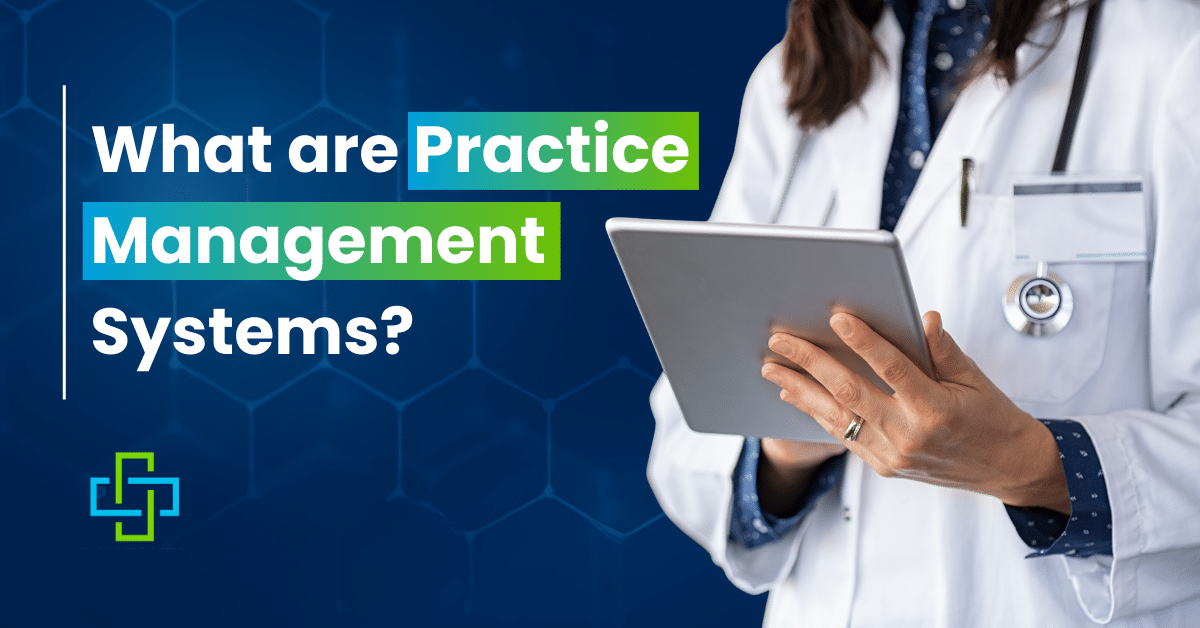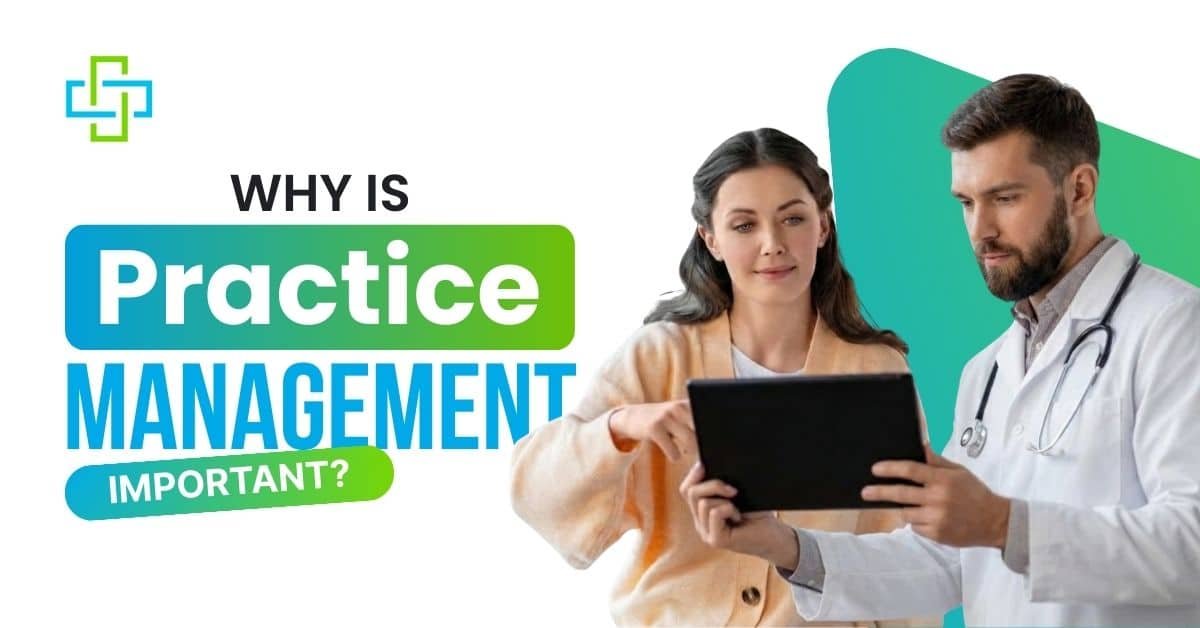Healthcare in the modern world is about management as much as it is about taking care of patients. Doctors and workers can’t devote all of their time to scheduling patients, billing insurance companies and filling out compliance paperwork if they want to provide good care.
To handle all of this, they need practice management systems. But, what are practice management systems?
If you have ever wondered what are practice management systems, this guide will explain it in simple words. These systems, the workhorses of contemporary medical practice, allow health care providers to easily run a smooth practice, working with fewer errors and giving greater attention to patients.
What are Practice Management Systems?
Practice management systems are a type of healthcare software that enables medical practice consulting services to manage the day to day operations.
It manages the administrative work for example:
- Patient registration
- Appointment scheduling
- Billing and coding
- Insurance claims
- Reporting and analytics
A practice management system is the electronic sidekick every practice must have. It ensures that Chinese Restaurant Syndrome is averted at every step from the first patient visit to the last payment.
However, when people ask, what are practice management systems, the easiest response is, they are instruments that allow practices to work smarter, not harder.
What are Practice Management Systems for Healthcare Providers?
The organization and operation of a medical office is a complex business. All the way from patient scheduling to timely payment, it takes one little snafu to make everything unravel.
This is why medical facilities employ PMS solutions to steer clear of issues like:
- Double-booked appointments
- Incorrect billing codes
- Delayed insurance claims
- Missed compliance requirements
- Time-consuming manual paperwork
That way, if you ever find yourself asking, what does a practice manager do, the answer is, they manage all these jobs. However, with the help of a practice management system, a manager is able to do this work with much more accuracy and efficiency.
Key Components of Practice Management Systems
Now that we know the definition of practice management systems, here’s a question, What is practice management going to look like in 2025?
- Booking and Calendar – Simplifies scheduling to reduce no show-ups with reminders.
- Insurance Verification – Verify benefits before appointments to minimize wait time and avoid claims denials.
- Medical Billing and Coding – Automates the process of claims submission and minimizing the chances of errors.
- Payment Processing — Accepts many forms of payment, which accelerates income.
- Patient Records Integration – Integrates with electronic health records (EHRs) to ensure continued care.
- Compliance Tools – Keeps practices on track with HIPAA and CMS rules.
- Analytics and Reporting – Offers reporting on financial performance to enable practices to grow.
These capabilities make PMS software the central engine of any health service provider.
Benefits of Using Practice Management Systems in 2025
Below are the top six benefits:
- Enhanced Accuracy – Avoiding manual mistakes in billing and claims”.
- Quick Payments – Automated submission of claims and monitoring of payments.
- Improved Patient Experience – Patients receive reminders, easier scheduling and accurate bills.
- Time Efficiency – Reducing Paperwork, allows staff to spend more time with patients.
- Better Compliance – They have compliance engines to assist practices to comply with regulations better.
- Scalable – PMS scales with the practice, allowing a broader range of services.
How Can Prime Well Med Solutions Help?
The selection and implementation of a practice management system can be daunting. That’s where Prime Well Med Solutions comes in. Their group provides medical practice management services that optimize operations, ensure compliance, and increase financial performance.
Their experts provide support in:
- Choosing and setting-up the perfect PMS for your practice.
- Educating and training staff on how to effectively utilize the system.
- PMS in connection with billing, EHR, and report system.
- Minimizing claims and payment errors.
- Providing permanent assistance to be in compliance with the regulations.
Our MIPS reporting company takes care of providers’ administrative tasks through their our services. It helps them spend more time taking care of patients.
Final Thoughts
What are practice management systems? is more important than ever. These systems are not simply software, they are instruments that alter the way medical practices operate.
By automating and eliminating many tasks, reducing errors, and leveraging patient data for better treatment, PMS helps doctors and health care organizations get back to their essential mission, monitoring and treating patients who need care.
Maybe You Need to Read:
Practice Management System vs EMR: What’s Best for Your Medical Practice?





